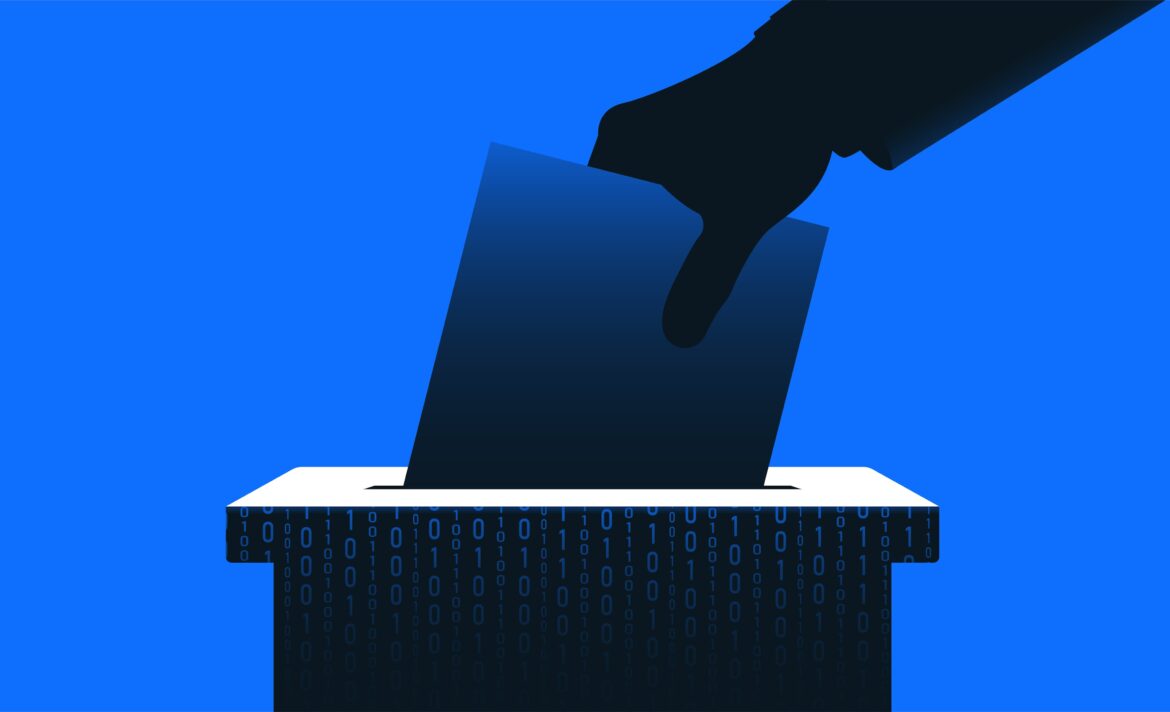As we all heard, there’s a federal election. There’s no way that any of us could have missed the wall-to-wall coverage since speculation heated up last December. And whenever there’s an election on the horizon, employers are reminded by their industry associations, the government, and benevolent media that employees who are Canadian citizens and at least 18 years of age are entitled to have three consecutive hours off on election day to vote.
Typically, polling stations are open from 9 a.m. to 9 p.m., and if an employee’s shift makes it impossible to have three consecutive hours off during voting hours, the employer must provide paid time off to ensure compliance.
For example, if an employee works a 7 a.m. to 3 p.m. shift, they have a six-hour window after work to vote, and the employer does not need to provide additional time off. However, an employee who works from 11 a.m. to 7 p.m. does not have a three-hour window before or after work. In the interest of business continuity, it is not necessary for the employer to grant three hours off in the middle of the day.
The Ontario Election Act provides that voting time is to be allowed at the convenience of the employer, who, in the latter case, may allow the employee to either start at noon or leave at 6 p.m., and pay them for the one hour they’re missing.
This time-off provision used to make sense when there was only one election day — federally, provincially, or municipally. And I’m sure that, historically, there have been instances of voter intimidation and interference with the right to vote. These days, though, it’s archaic and obsolete.
What bothers me is that employers, as is often the case, need to accommodate something that any responsible adult in this country should be able to figure out on their own. We all know there’s an election coming up and we all have access to early voting — chipperly promoted in government ads — so what’s the purpose of a legislated duty for employers to facilitate their employees’ lack of planning skills?
It’s a codified entitlement and, in the immortal words of former Mint prez David Dingwall, if you’re entitled to your entitlements, some people just go for it. Remember when Ontario introduced 10 personal emergency leave days, two of which were paid, as of January 1, 2018? This turned into a challenge for many employers. One called in to a radio show and said that by February of that year, 80 per cent of his 1,200 workers had already taken the two paid days off, wreaking havoc on his shifts and production schedule. His employees took advantage, and it was indicative of their level of engagement, which, according to Gallup, has been modest in North America for years.
How many emergencies can people realistically have? I’ve pondered this for myself, and I’ve had two in my entire life. That’s one every 25 years. However, today’s employers are forced to deal with employees who have emergencies on a weekly basis. One day it’s driving mom to a walk-in clinic with a runny nose, then it’s the cat needing to go to the vet, then they have a leak in the shower, and then it’s a friend with a flat tire somewhere in Muskoka. It’s the pulse of today’s society — everything is an emergency and people display a total lack of resilience.
Where was I? Oh yeah, elections. I imagine that it would be hard to actually find a job with hours that break the law, given how long the polling stations are open. And even if an employee happens to have a long shift on Election Day and can’t head out before, say, 7:30 p.m., there are numerous examples every single time of polling stations staying open “after hours” if there’s a lineup, giving everyone the opportunity to cast their vote.
I get that people want to vote, but why is it still the employer’s responsibility to make this happen? And come to think of it, do we actually have ridings in Canada where people would need three hours to make it to a polling station? The only place I can think of is the GTA, where even the most minor event has turned into a full-day commitment courtesy of the City of Toronto’s bankrupt traffic management.
There’s also a subliminal insult here: apparently, if the employer doesn’t facilitate it, some Canadians wouldn’t be able to figure out how to vote if they don’t get time off. Where is our own sense of responsibility? And if someone can’t be bothered to plan their activities a few weeks in advance so that they can vote without having to involve HR with a leave request, how productive are they as an employee?
The right to vote isn’t something trivial — it’s the responsibility of each of us to partake in the democratic process. The pulse of employment is the tendency to lay the responsibility for whatever happens in people’s personal lives at the feet of the employer.
It’s time to assume and acknowledge that employees are all adults who can make their own decisions, not codify that they are needy children who can’t manage their own lives. It’s 2025, and people need to step up to the plate and do their own planning without relying on HR.
As one of my Ontario clients lamented last month, “I love manufacturing and selling our products, but I hate employing people. It’s this check-your-brain-at-the-door mindset. This morning, someone came running up to me, saying, ‘The toilet’s flooding!’ I said, ‘Did you switch off the water?’ No, of course not.”





